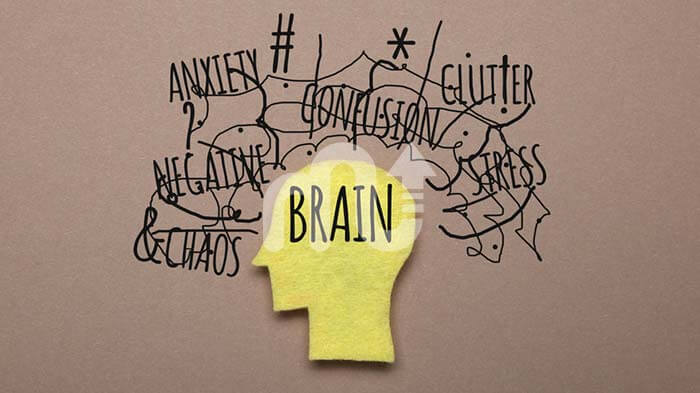
In the labyrinth of the digital age, our lives intertwine with screens in a complex dance of necessity and indulgence. As a psychotherapist delving into the crevices of human behavior and mental health, I've witnessed firsthand the transformative power and potential pitfalls of our digital engagements.

According to the National Institute of Mental Health (NIMH), up to 50% of individuals with ADHD experience anxiety. In this article, we will delve deep into the relationship between ADHD and anxiety, discussing their co-occurrence, symptoms, impact on daily life, diagnosis, treatment, and the latest research findings.

While pharmacotherapies, including psychostimulant medications, remain the cornerstone of evidence-based treatment, concerns over side effects and long-term efficacy have led families to explore alternative treatments, including nutritional supplements.

Self-advocacy, a skill meticulously honed to facilitate growth, is the art of eliciting support for one's requirements. It is not merely an ability; it's a viable strategy designed to enhance one's life experience.

With the increasing prevalence of ADHD in the general population, it is becoming increasingly necessary for workplaces to accommodate these individuals, promoting their productivity while ensuring they thrive in their professional environments.

In my years of practice as a child psychologist, I've encountered numerous cases of children and adolescents who engage in lying and stealing. These behaviors, while distressing for parents and caregivers, are not uncommon and can often be symptomatic of deeper emotional or psychological issues.

As a doctor specializing in anxiety disorders, I've witnessed firsthand the crippling grip of performance anxiety. It's more than just pre-show jitters; it's a complex beast that claws at physical and emotional well-being, often silencing potential and hindering success.

Facing an ADHD test, either for yourself or a loved one, can stir up a cocktail of emotions. It's like waiting for an important exam result; your stomach is in knots, your mind races, and you can't help but wonder about the 'what ifs.'